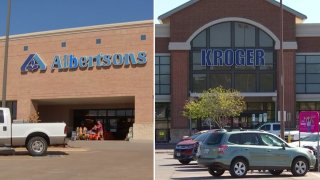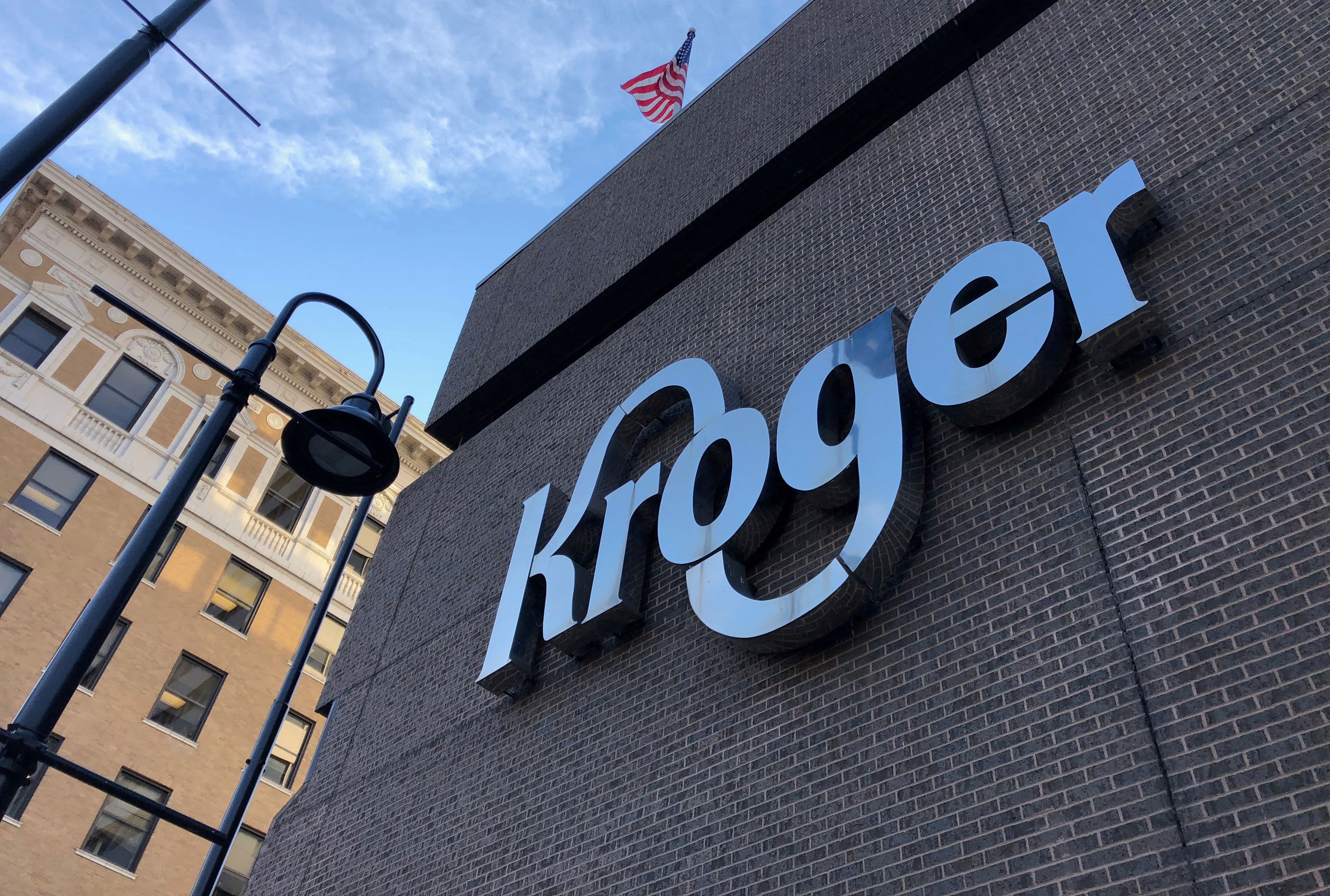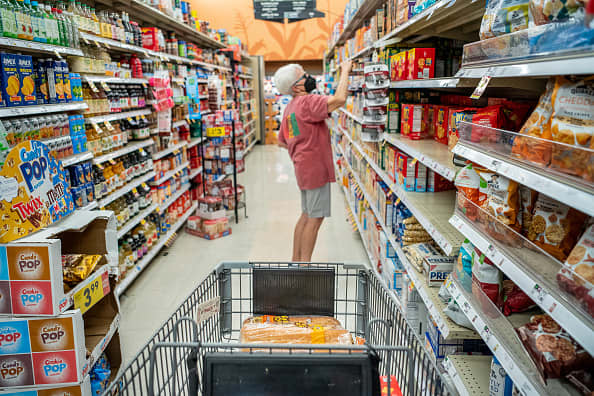
Kroger and Albertsons, parent companies of Mariano's and Jewel-Osco, announced Friday its plans to sell more than 400 stores in order to clear a path for a merger between two of the nation's largest grocery chains.
Kroger and Albertsons agreed to merge in October. Kroger, based in Cincinnati, Ohio, bid $20 billion for Albertsons. Kroger would also assume $4.7 billion of Albertsons’ debt. The deal is targeted to close early next year.
The 413 stores, along with QFC, Mariano’s and Carrs brand names, are being sold to to C&S Wholesale Grocers. Kroger will also divest the Debi Lilly Design, Primo Taglio, Open Nature, ReadyMeals and Waterfront Bistro private label brands. In addition, C&S will get eight distribution centers and two offices.
All fuel centers and pharmacies associated with the divested stores will remain with the stores and continue to operate.
What does that mean for Illinois and Chicago-area grocery shoppers? While not all is currently known as the story continues to develop, a representative from Kroger's Central Division, which operates stores in and around cities such as Bloomington / Normal, Bourbonnais, Decatur and Peoria, provided this statement to NBC Chicago:
"Today, Kroger and Albertsons Companies announced a comprehensive divestiture plan with C&S Wholesale Grocers. The plan will not impact Kroger Central Division at this time," the statement read. "Because we are still in the regulatory process, we are not able to share the specific locations included in the agreement. We are confident C&S’s experienced, purpose-driven leadership team and more than 100-year history of food industry experience will enhance the competitive marketplace. Importantly, C&S agreed to honor all collective bargaining agreements, securing the future of good-paying union jobs and protecting associates’ industry-leading health care and pension benefits as well as bargained-for wages."
The grocery chains have said they must merge to compete with Walmart, Amazon and other major companies that have stepped into the grocery business. And there is significant consolidation throughout the grocery sector as companies fight with rising prices for everything from food to workers.
Last month, discount grocer Aldi said it plans to buy 400 Winn-Dixie and Harveys supermarkets in the southern U.S.
Before the deal with C&S closes, Kroger may, in connection with securing Federal Trade Commission and other governmental clearance, require C&S to buy up to an additional 237 stores in certain regions. If more stores are added to the agreement, C&S will pay Kroger an additional as-yet-to-be-determined financial amount.
Feeling out of the loop? We'll catch you up on the Chicago news you need to know. Sign up for the weekly Chicago Catch-Up newsletter.
C&S, which was founded in 1918, is a supplier to independent grocery stores, supplying more than 7,500 independent supermarkets, retail chain stores and military bases. It currently runs Grand Union grocery stores and Piggly Wiggly franchise and corporate-owned stores in the Midwest and Carolinas.
C&S has prior experience with divestitures related to mergers and has successfully transitioned union employees and their associated collective bargaining agreements in the past.
"Importantly in our agreement, C&S commits to honoring all collective bargaining agreements which include industry-leading benefits, retaining frontline associates and further investing for growth,” Kroger Chairman and CEO Rodney McMullen said in a statement on Friday.
Shares of Kroger Co., based in Ohio, rose 5% Thursday and Albertsons Cos., based in Idaho, rose 3%.



